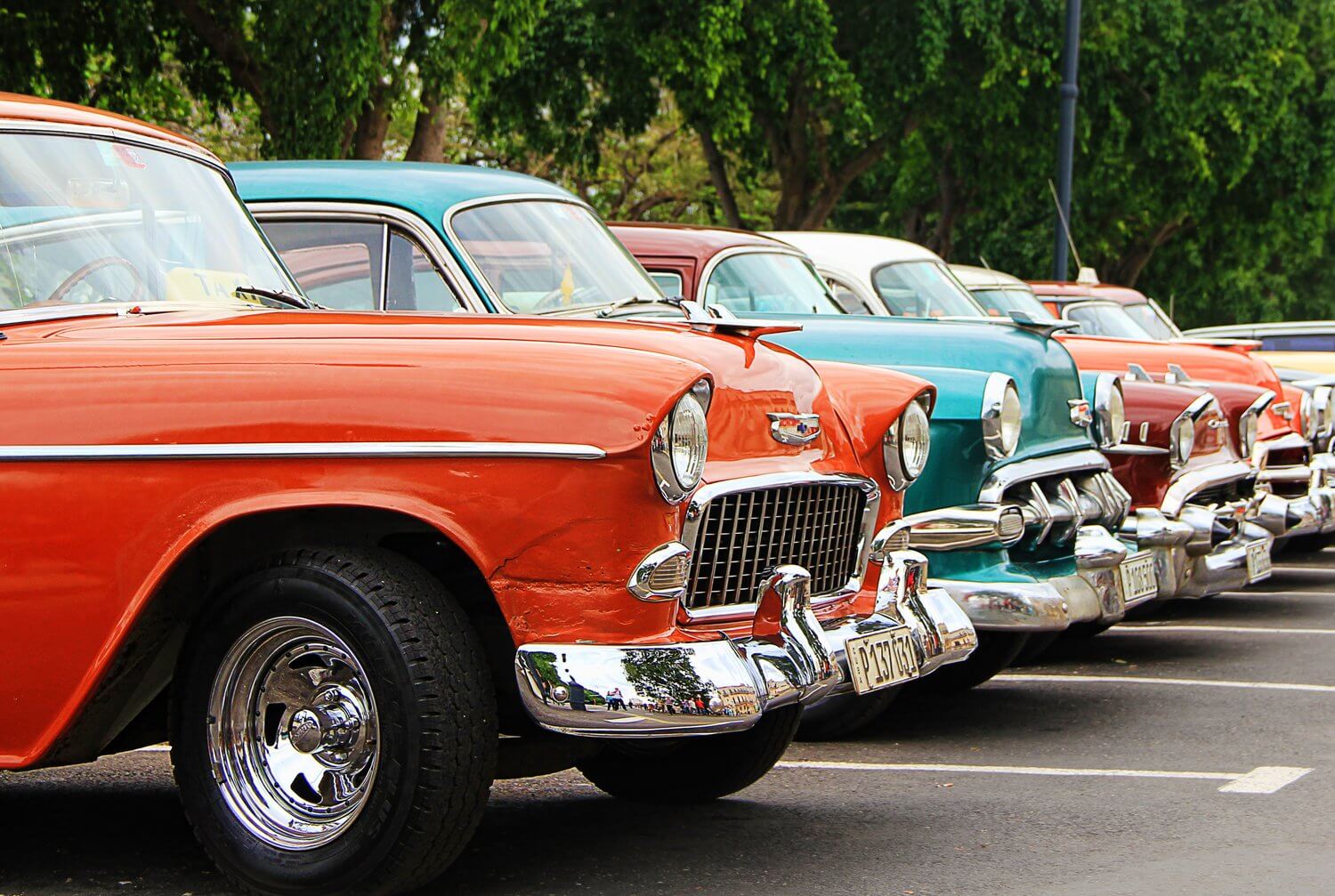Five Warnings for Classic Car Buyers

Are you thinking about buying a classic car? If this is your first shot at owning a piece of automotive nostalgia, it's important to sit down and get a few things straight before plunking down several thousand bucks. That's because classics are unique in a number of ways. In addition to coming with very high mileage in most cases, there are special considerations about insurance, restoration, and getting the most for your money. Here are five points to ponder as you prepare to shop for a car that is at least 25 years old.
Know the Definitions
Check with your local department of motor vehicles and find out how they classify classics, by definition. This is not a word game as it has a real effect on what kind of insurance you can buy, whether the vehicle must have seat belts, come equipped with air bags, and feature safety glass. If you meet the legal definition of the term classic vehicle, it will be much easier to purchase and use the car without pouring thousands of dollars into it for safety upgrades.
Brush Up on Your Driving Skills
If you plan to own and operate an older car, rather than just fix it up and re-sell it, make sure you know how to drive it. For example, it's almost a must to learn how to operate a manual transmission vehicle because so many models from the 1940s, 1950s, and 1960s are sticks. You can face the challenge head-on and learn to drive a stick shift by reviewing an online guide full of tips and lessons.
Make the Buy or Invest Decision Now
Never make a purchase until you've decided whether you're in this for a quick restoration and resale, or to keep the vehicle for yourself. The classics market is notoriously volatile, so if you go into the endeavor as an investor, do plenty of research. For example, book value is almost meaningless for old models, so try to find recent auctions in which a very similar model was sold. A real-world price is a much more accurate measure of value.
Double Check VINs and Mileage
Like the antique, rare coin, and art markets, the world of collectible cards has its share of frauds and scam artists. This is especially true for anything that rolled off an assembly line prior to 1981, when VIN data was standardized. Consider hiring an expert to verify that the VIN on the title matches the one on the vehicle's etching. Plus, have an odometer pro verify mileage is you think the numbers look too good to be true. Fraudulent sellers are most apt to try to adjust mileage downward and switch VINs in order to make a quick sale.
Find Out About Insurance
Call your current insurance carrier and ask about their classic car policies. They might not offer any at all, in which case you won't be able to bundle your existing policy with a new one. For classics, it's usually smart to opt of liability coverage with theft protection as an add-on.
839GYLCCC1992




Leave a Reply